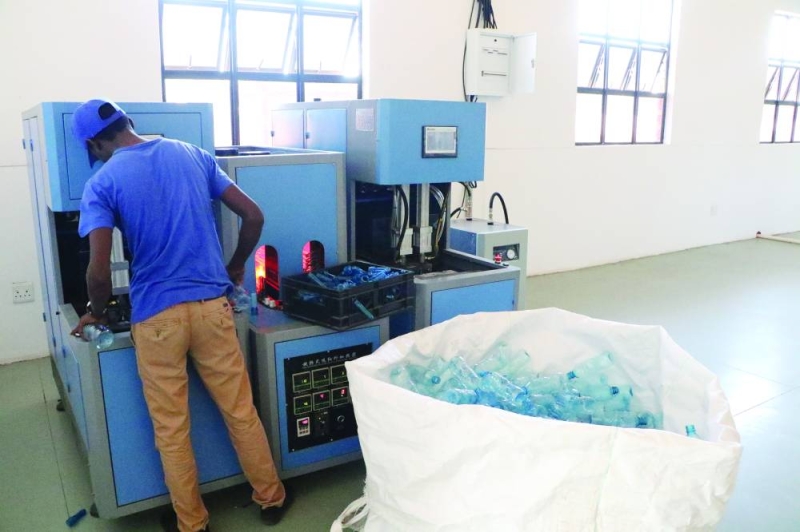LEA study pinpoints SMMEs greatest challenge
Lewanika Timothy | Tuesday August 15, 2023 06:00


According to an SMME handbook developed by LEA, the lack of finance options for the different stages of the organisations’ development in Botswana is widening the finance gap in the local market.
The finance gap refers to the gulf between the funding options availed to SMMES and their actual needs. According to the handbook, Botswana’s finance gap as a percentage of Gross Domestic Product (GDP) stands at 18.55% ranking the country third amongst SADC states. Local finance institutions have traditionally taken a very conservative approach when it comes to lending to SMMEs, citing a lack of bankable collateral and the inability to monitor SMMEs operations.
Lenders have said this heightens the risk of channelling funds towards SMME endeavours. Despite their challenges, LEA estimates that SMMEs contribute 14% to the GDP and are responsible for about 33% of the country’s employment.
“Although Botswana has a dynamic SMME sector, it continues to face certain challenges which constrain or even eliminate their economic development potential, the major one being lack of finance options,” the handbook reads. “They are perceived to be more risky, with sometimes deficient governance structures or either do not have sufficient equity or guarantees to attract investors.”
As a solution to this pressing challenge, LEA suggests that a wide array of financing options be broadened and availed for SMMES in order to enable them to continue expanding operations until they reach full capacity. “A wide array of financing options like order purchase financing, corporate bonds and private equity investments should be aggressively channelled towards SMMEs to bolster the harsh realities they face from unfriendly financial markets,” the handbook says. According to a World Bank survey, SMMEs play a major role in most economies, particularly in developing countries. SMMEs account for the majority of businesses worldwide and are important contributors to job creation and global economic development.
“They represent about 90% of businesses and more than 50% of employment worldwide. Formal SMEs contribute up to 40% of national income in emerging economies. These numbers are significantly higher when informal SMMEs are included.
“According to our estimates, 600 million jobs will be needed by 2030 to absorb the growing global workforce, which makes SMME development a high priority for many governments around the world,” the report reads.
